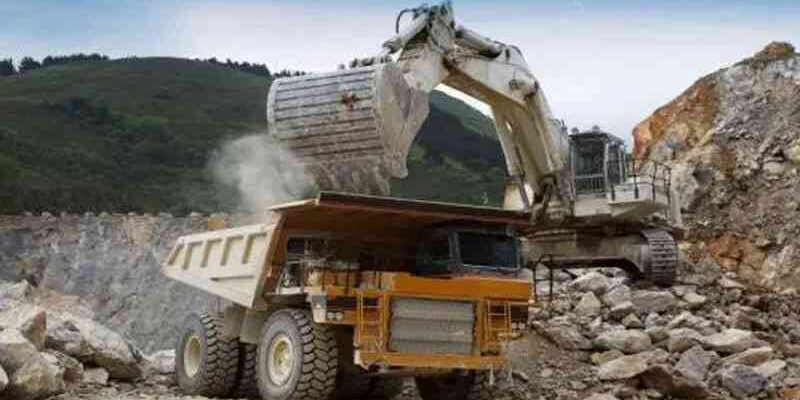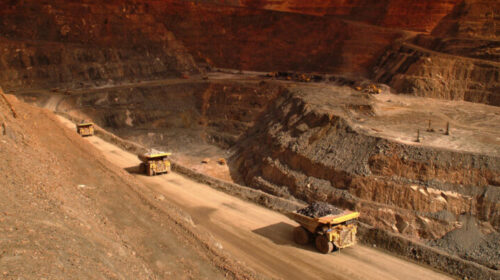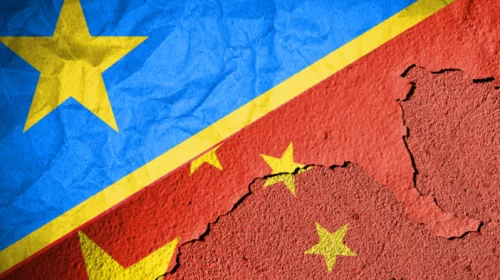DRC Declares Mining Sites in North and South Kivu as High-Risk Zones
The Minister of Mines, Kizito Pakabombe, has issued a ministerial order, signed on February 12, 2025, classifying certain mining sites in Masisi (North Kivu) and Kalehe (South Kivu) as “Red” zones due to security concerns and illicit mineral trade.
The decree cites two main reasons for this decision:
- Illicit Mineral Trade: Armed groups and the national army of a member state of the International Conference on the Great Lakes Region (ICGLR) are reportedly engaged in the illegal extraction and trade of minerals, creating an unauthorized supply chain.
- Conflict Financing: These illicit networks are believed to be a primary source of funding for the ongoing conflict in eastern DRC, contributing to instability and occupation.
Details of the Ministerial Order
- Affected Areas: The mining sites in Masisi’s Rubaya sector and Kalehe’s Nyabibwe sector are designated as “Red” zones.
- Duration: The classification is valid for six months from the date of signature.
- Independent Audits: These sites may undergo audits by the Ministry of Mines or international organizations, such as the United Nations (UN), the OECD, and the ICGLR, to assess compliance with responsible mineral sourcing standards.
- Implementation: Key mining authorities, including the Secretary General of Mines, the Inspector General of Mines, and the Directors General of the Mining Registry, CEEC, and SAEMAPE, are tasked with enforcing the order.
The reclassification follows a United Nations Group of Experts report published on December 27, 2024, which confirmed that armed groups in eastern DRC, backed by a foreign national army, are exploiting mining sites to fund their activities.
These operations violate DRC laws, the ICGLR’s Regional Certification Mechanism (RCM), and OECD due diligence guidelines.
The Minister’s decision aims to curb the illegal trade of minerals, disrupt conflict financing, and align mining activities with international regulatory standards.
The Minister of Mines, Kizito Pakabombe, has issued a ministerial order, signed on February 12, 2025, classifying certain mining sites in Masisi (North Kivu) and Kalehe (South Kivu) as “Red” zones due to security concerns and illicit mineral trade.
The decree cites two main reasons for this decision:
- Illicit Mineral Trade: Armed groups and the national army of a member state of the International Conference on the Great Lakes Region (ICGLR) are reportedly engaged in the illegal extraction and trade of minerals, creating an unauthorized supply chain.
- Conflict Financing: These illicit networks are believed to be a primary source of funding for the ongoing conflict in eastern DRC, contributing to instability and occupation.
Details of the Ministerial Order
- Affected Areas: The mining sites in Masisi’s Rubaya sector and Kalehe’s Nyabibwe sector are designated as “Red” zones.
- Duration: The classification is valid for six months from the date of signature.
- Independent Audits: These sites may undergo audits by the Ministry of Mines or international organizations, such as the United Nations (UN), the OECD, and the ICGLR, to assess compliance with responsible mineral sourcing standards.
- Implementation: Key mining authorities, including the Secretary General of Mines, the Inspector General of Mines, and the Directors General of the Mining Registry, CEEC, and SAEMAPE, are tasked with enforcing the order.
The reclassification follows a United Nations Group of Experts report published on December 27, 2024, which confirmed that armed groups in eastern DRC, backed by a foreign national army, are exploiting mining sites to fund their activities.
These operations violate DRC laws, the ICGLR’s Regional Certification Mechanism (RCM), and OECD due diligence guidelines.
The Minister’s decision aims to curb the illegal trade of minerals, disrupt conflict financing, and align mining activities with international regulatory standards.
217 total views , 1 views today





